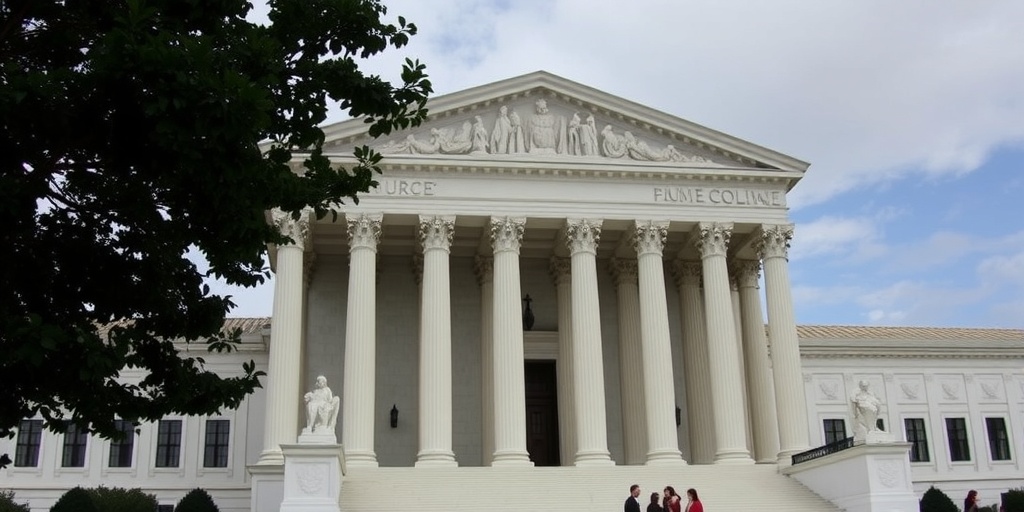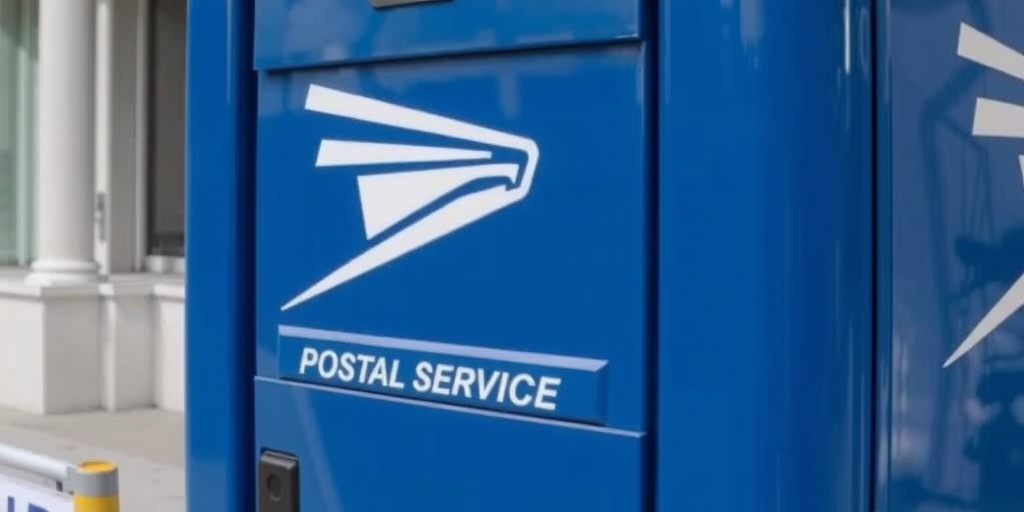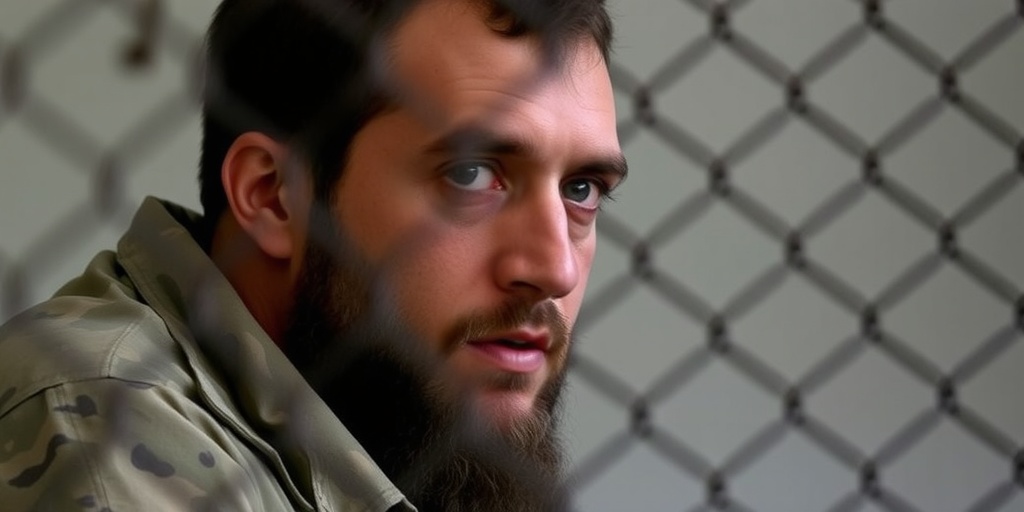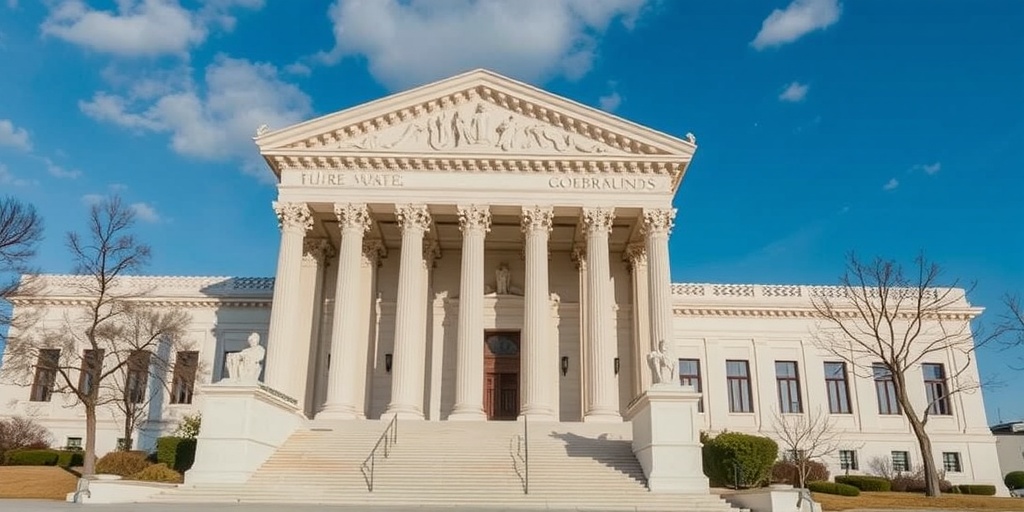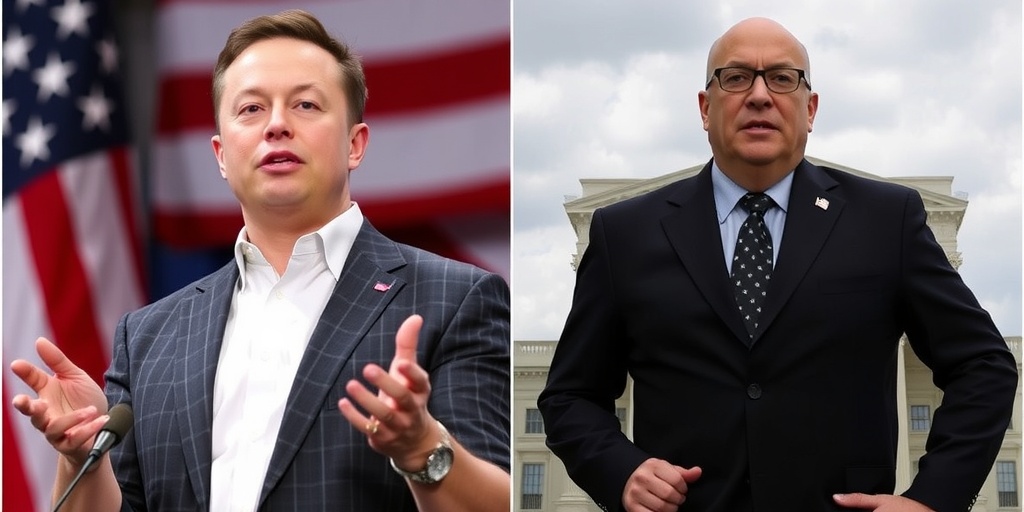Now Reading: Rubio Revokes 300+ Visas in Trump’s Deportation Efforts
-
01
Rubio Revokes 300+ Visas in Trump’s Deportation Efforts
Rubio Revokes 300+ Visas in Trump’s Deportation Efforts
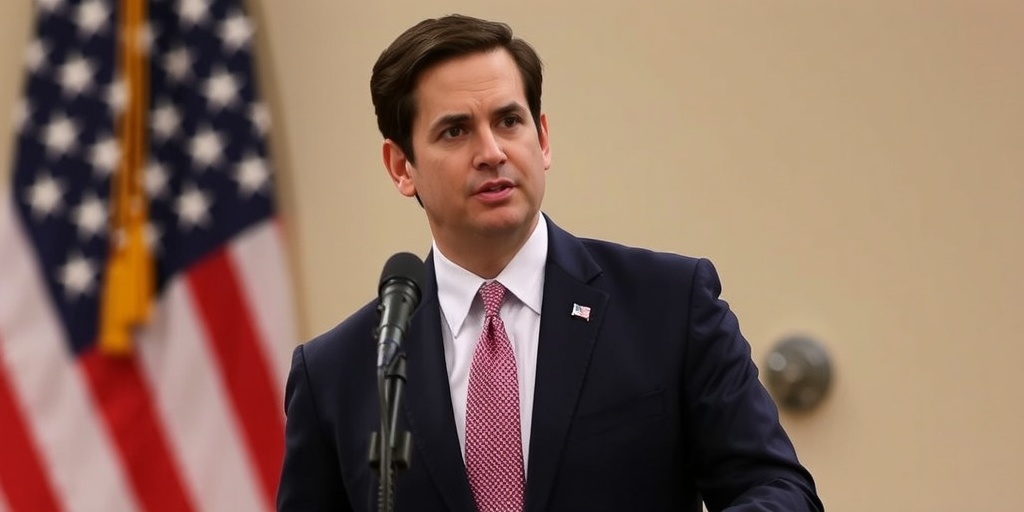
Secretary of State Marco Rubio Revokes Hundreds of Visas Amidst Controversial Immigration Policy
In a development that has sparked considerable debate, Secretary of State Marco Rubio announced that he has signed more than 300 letters revoking the visas of students, visitors, and others in the United States. This sweeping action is aimed at expelling individuals whose foreign policy views or alleged criminal activities he deems contrary to U.S. national interests.
Since taking office in late January, Rubio has made visa revocations a daily routine, revealing to reporters during a flight from Suriname to Miami that he meticulously reviews each case personally before signing off on the actions, which are then executed by immigration agents. In addressing the nature of the visa revocations, he noted, “It’s a combination of visas. They’re visitors to the country. If they’re taking activities that are counter to our foreign policy, we’ll revoke the visa.”
Rubio’s actions extend beyond student visas; he has also revoked the residency status of at least two permanent U.S. residents due to their participation in protests he considers antagonistic to American foreign policy. He stated, “My standard: If we knew this information about them before we gave them a visa, would we have allowed them in? And if the answer is no, then we revoke the visa.” This statement underscores his administration’s strict stance on immigration and deportation, particularly as it relates to individuals engaged in activist endeavors.
As the most senior aide to President Trump focused on immigration policy, Rubio has played a pivotal role in controversial deportation strategies within the United States. Notably, he was pivotal in finalizing a deal with El Salvador’s President Nayib Bukele to accept U.S. deportation flights carrying 200 migrants. Critics highlight that some of these migrants fled oppressive regimes, notably from Venezuela, and are not criminals, yet they have reportedly faced inadequate due process during their detentions.
Adding to the contentious environment, Rubio has reportedly instructed the Homeland Security Department to detain students or recent graduates specifically because of their opposition to U.S. foreign policy. This directive has raised alarms among civil rights advocates and legal professionals who argue that such measures violate fundamental rights.
One high-profile case involved a Tufts University doctoral student and Fulbright scholar from Turkey, Rumeysa Ozturk, whose student visa was revoked after she contributed to an essay advocating for Palestinian rights. Following the revocation, reports indicate that federal agents forcibly removed her from the street outside her home in Massachusetts. Rubio’s decision to revoke her visa has been widely criticized, particularly given the lack of transparency surrounding the case.
Additionally, Rubio has signed off on the permanent residency revocations of two other students, Mahmoud Khalil from Syria and Yunseo Chung from South Korea, both of whom participated in pro-Palestinian protests at Columbia University. Khalil, who is married to a U.S. citizen, was detained from his home, and his case is part of a legal challenge against the Trump administration that includes claims of due process violations.
While a federal judge has ordered a halt to the deportation efforts against Chung, Rubio has maintained a robust defense of his actions. He has particularly targeted individual activists, framing them as participants in movements that have disrupted campuses and public order. “At some point I hope we run out because we’ve gotten rid of all of them,” he asserted. “But we’re looking every day for these lunatics that are tearing things up.”
Rubio has been vocal in encouraging other nations to adopt similar policies. During a recent press conference in Guyana, he stated, “I think it’s crazy to invite students into your country that are coming onto your campus and destabilizing it.” His remarks have ignited a wider debate regarding the implications of his policies, with critics drawing parallels to tactics employed by authoritarian regimes to stifle dissent and suppress free speech.
When pressed about his stance on foreign authorities, particularly regarding the 2019 pro-democracy protests in Hong Kong, Rubio remarked that it is within every country’s right to deny visas as they see fit, asserting, “It’s that simple.”
As the situation continues to evolve, Rubio’s visa revocation strategy and its ramifications on both students and broader immigration policy in the United States remain under scrutiny. Activists, legal experts, and citizens alike are calling for increased transparency and accountability as the administration navigates the challenging landscape of national security and public discourse.
Stay Informed With the Latest & Most Important News
Previous Post
Next Post
-
 01New technology breakthrough has everyone talking right now
01New technology breakthrough has everyone talking right now -
 02Unbelievable life hack everyone needs to try today
02Unbelievable life hack everyone needs to try today -
 03Fascinating discovery found buried deep beneath the ocean
03Fascinating discovery found buried deep beneath the ocean -
 04Man invents genius device that solves everyday problems
04Man invents genius device that solves everyday problems -
 05Shocking discovery that changes what we know forever
05Shocking discovery that changes what we know forever -
 06Internet goes wild over celebrity’s unexpected fashion choice
06Internet goes wild over celebrity’s unexpected fashion choice -
 07Rare animal sighting stuns scientists and wildlife lovers
07Rare animal sighting stuns scientists and wildlife lovers













